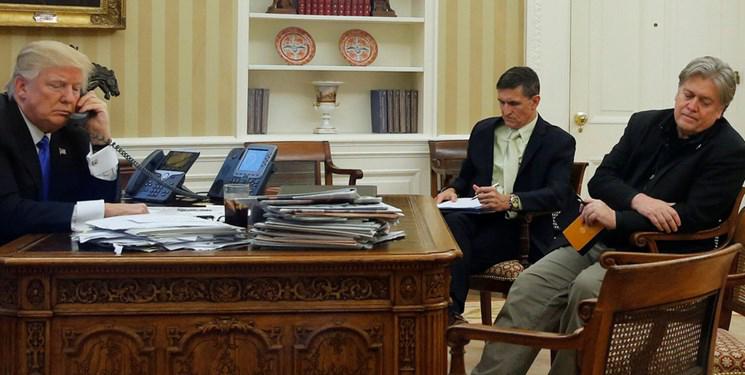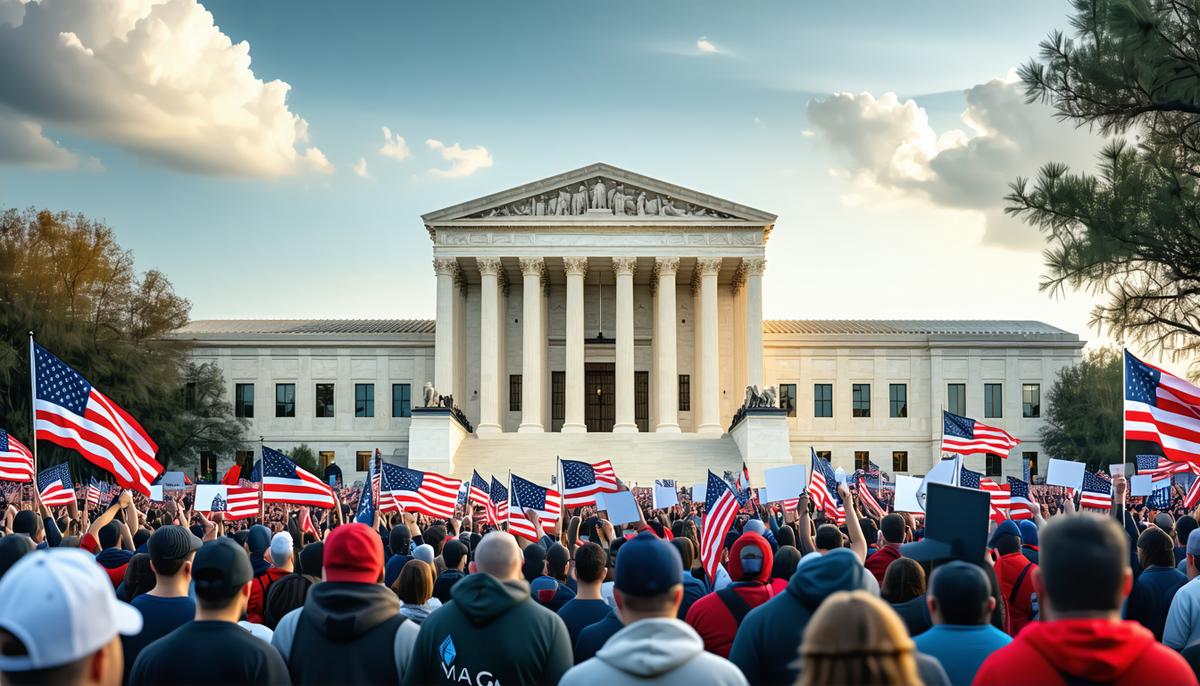Legal Authority of Presidential Pardons
Presidents wield the power to grant pardons, rooted in Article II, Section 2 of the U.S. Constitution. This allows them to "grant reprieves and pardons for offenses against the United States, except in cases of impeachment."
Pardons can erase penalties but not the conviction itself. Pardoned individuals might still face:
- Restrictions on voting rights in some states
- Societal judgment
- Certain civil limitations
Past presidents have used pardons for various reasons, sometimes controversially. Notably, pardons don't typically erase financial penalties unless specifically addressed.
Each pardon influences not just those granted clemency but also echoes through the legal system and public opinion.
Analyzing Trump's Pardoning Plans
President-elect Donald Trump has been vocal about his intentions to pardon individuals involved in the January 6 Capitol riot. He plans to examine each case closely and act swiftly at the start of his upcoming term.
Trump's approach could be seen as:
- A testament to his commitment to justice and mercy
- A reinforcement of his image as a champion of his loyal base
However, these plans are likely to stir up political discourse. Critics question whether such extensive pardons might:
- Undermine the judicial process
- Embolden future acts of civil unrest
The political implications of these pardons cannot be overlooked, as they have the potential to reshape narratives and challenge ongoing prosecutions.
Will justice be perceived through lenses of legality or legacy?
Such questions abound as we enter this new, historically significant chapter. Trump's willingness to pardon serves as a beacon of hope for those who dream of a restored union, offering another glimpse into his leadership style.

Impact of Supreme Court Decisions and Legal Challenges
Recent Supreme Court decisions have limited the scope of obstruction charges against January 6 defendants, potentially influencing Trump's pardoning plans. These judicial determinations could ease the path for some potential pardons by refining what the obstruction statute encompasses.
The court's move presents an unexpected development that might allow Trump to steer his pardon strategy with more precision. Some analysts argue that these decisions might embolden him to take a bolder stance on pardoning, particularly if the point of contention moves away from the most severe charges.
Political Implications
How will this influence Trump's potential re-election bid? The intersection of Supreme Court decisions and his pardoning ambitions could serve as a test for:
- Public opinion
- Political strategy
By showcasing his ability to handle legal intricacies, Trump might strengthen his position as a leader capable of overcoming adversity.
As this story unfolds, it will be interesting to see how these factors come together to reshape the lives of those involved in January 6 and potentially reinvigorate Trump's political journey.

As we consider the potential impact of Trump's pardoning plans, his commitment to reshaping America's future stands out. These decisions will undoubtedly leave a mark on the nation's history and its people.
- U.S. Constitution. Article II, Section 2.
- Brookings Institution. Presidential Pardons: Legal and Constitutional Considerations.
- Time Magazine. Interview with Donald Trump: Person of the Year 2024.
- Department of Justice. Capitol Breach Cases Database.